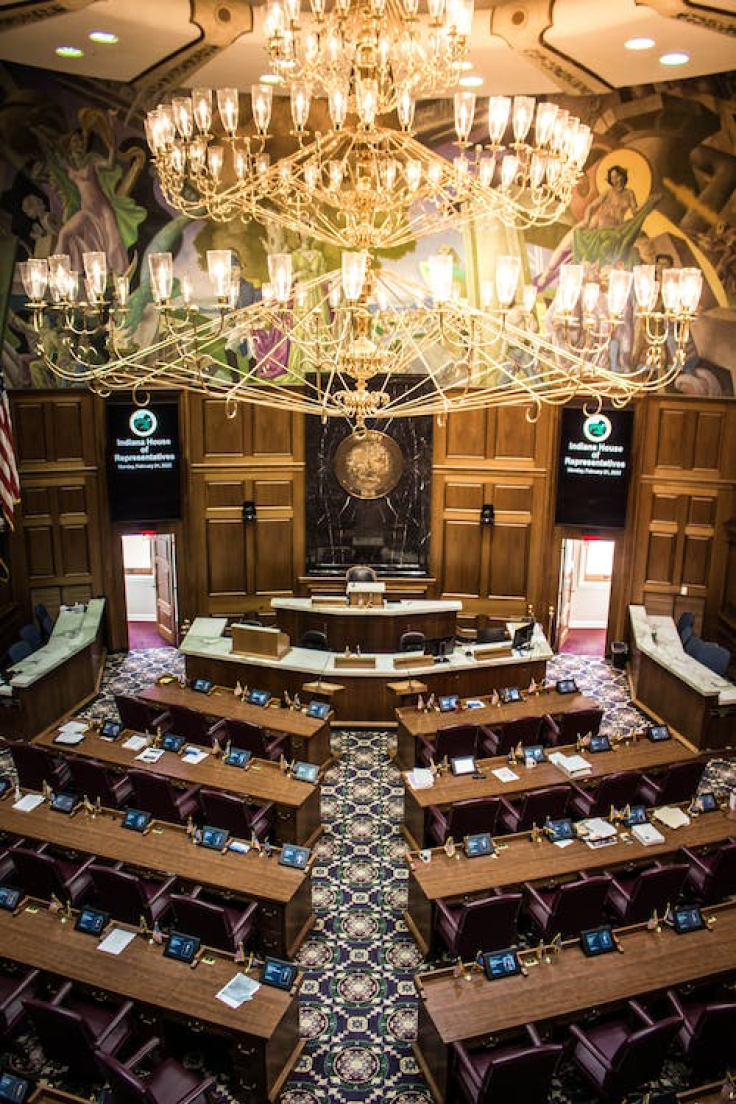FAFSA Debacle: Senate Republicans Accuse Biden Administration of Neglecting Core Responsibilities
ByIn a recent press conference, leading Senate Republicans, including Dr. Bill Cassidy of Louisiana and Senator Shelley Moore Capito of West Virginia, accused the Biden administration of prioritizing student debt relief over their fundamental responsibility to update the Free Application for Federal Student Aid (FAFSA).
The accusations follow the troubled launch of the new FAFSA, marked by technical glitches and errors that have prompted delays in aid distribution to colleges and universities. The Republicans argue that this mishandling could adversely affect students and institutions, particularly smaller colleges facing potential enrollment drops and financial strain.

The Call for Accountability
Dr. Cassidy, the senior Republican on the Senate education committee, has called on President Biden and Secretary Cardona to explain the administration's "upside-down priorities." The Government Accountability Office is now investigating the FAFSA launch at the request of Cassidy and other lawmakers. The House education committee has responded with a stern letter to the Education Department, demanding documents that shed light on the agency's planning for the new FAFSA.
Senator Capito emphasized the gravity of the situation, stating that due to the Department of Education's "ineptness," students now have only two to three weeks to make college decisions instead of the usual months. The senators argue that the department neglected its legal obligations and that the excuses provided are insufficient for the magnitude of the problem. They are concerned that the botched rollout may drive away students and financially harm institutions, particularly smaller colleges that depend heavily on enrollment numbers.
The Impact on Students and Institutions
The delay in processing FAFSAs has significant consequences for students, who traditionally have until May 1 to commit to an institution. A coalition of higher education associations and advocacy organizations has called for an extension of this deadline, recognizing the challenges students face in making informed decisions. Senator Capito emphasized that the Department of Education's failure to adhere to the law is one of its most significant obligations, and the repercussions of this negligence may be severe.
The Department's Defense
The Department of Education defended its actions in a statement, asserting that its staff has been working tirelessly to update the FAFSA and overhaul the aid eligibility formula, describing these as the most significant changes in over 40 years. The statement also highlighted the challenges faced by the department, including flat funding from Congress and no budget four months into the fiscal year. Despite repeated requests for additional Federal Student Aid funding, the department claims to have received no support from Congressional Republicans.
The Legislative Timeline
The FAFSA Simplification Act was initially passed by Congress in December 2020, mandating changes to the FAFSA by the 2023-24 award year. However, in June 2021, Congress extended the deadline by a year. Republicans argue that the extension should have provided ample time for the Education Department to complete the necessary updates. They dismissed claims that the department lacked resources, pointing to a 2023 Government Accountability Office report suggesting that the department failed to bring its employees back to the office.
The Republican Response
In response to the accusations, Republican senators have launched a website where students, institutions, and others can report issues with the new FAFSA. Senator Cassidy expressed his intention to hold a hearing if he were chair of the Senate committee, underlining the urgency of addressing the FAFSA crisis. The senators insist that bringing employees back to work and prioritizing the FAFSA update should be paramount, accusing the Department of Education of channeling resources towards debt-relief measures instead.
The contentious rollout of the new FAFSA has ignited a political battle between Senate Republicans and the Biden administration. The accusations of neglecting core responsibilities in favor of student debt relief highlight the broader debate over the government's priorities in education. As the Government Accountability Office investigates the FAFSA launch, the outcome will likely shape future discussions on funding, accountability, and the balance between student debt relief and essential administrative functions in the education system.
© 2025 University Herald, All rights reserved. Do not reproduce without permission.








